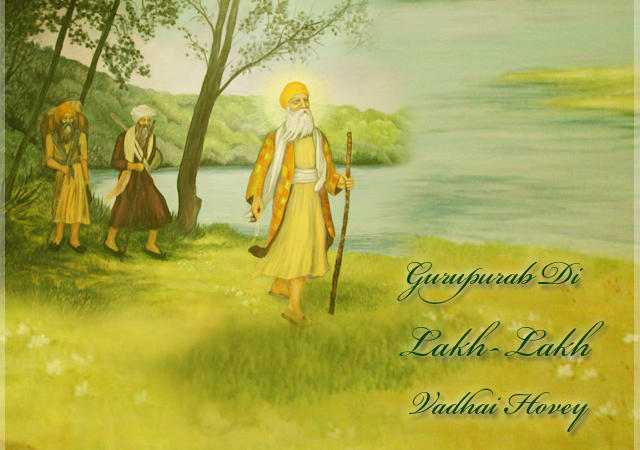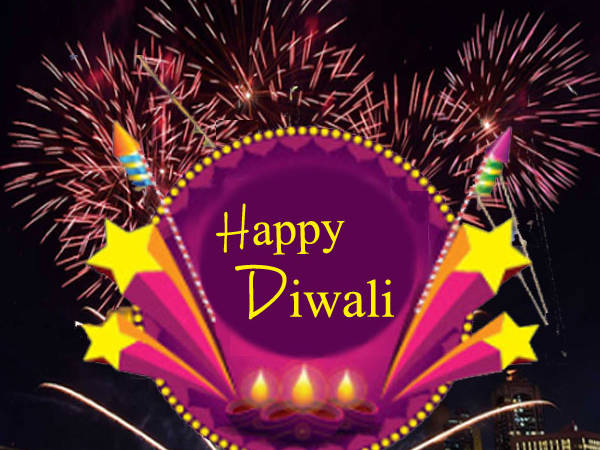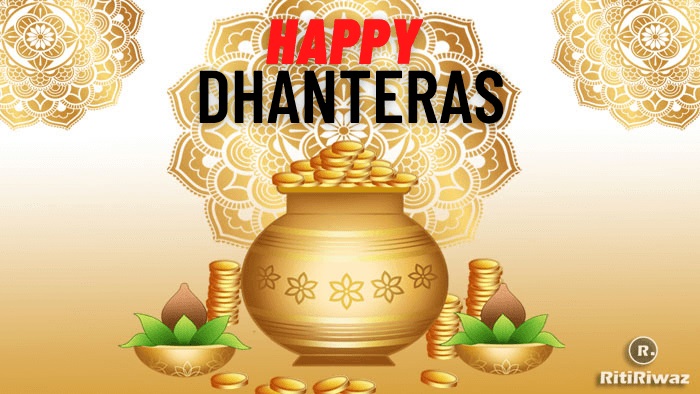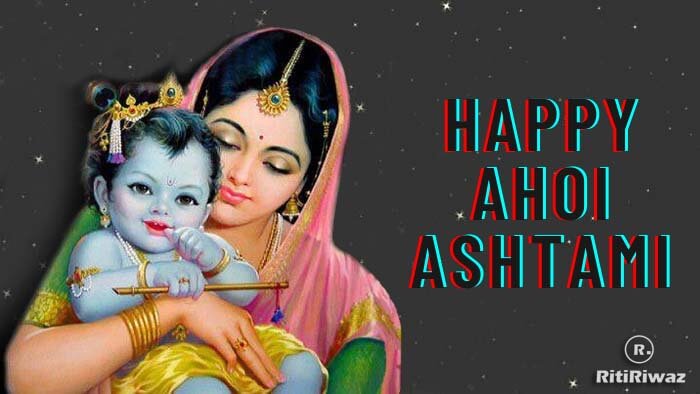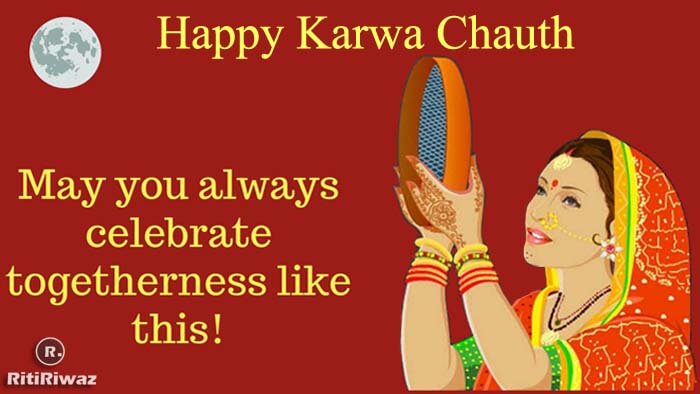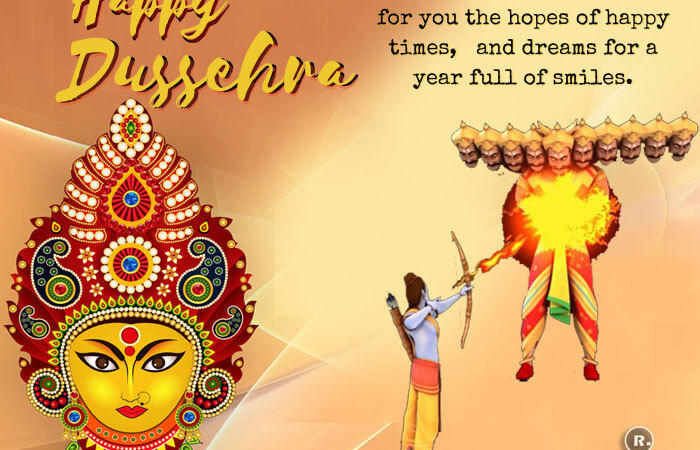Christ the King

The last Sunday of the Catholic liturgical year is The Solemnity Our Lord Jesus Christ, King of the Universe (otherwise known as Christ the King Sunday). The day is a special time to remember Jesus who is the ruler of all things. The feast celebrates Christ’s universal kingship and sovereignty over all things. While the concept of Jesus Christ being King is as old as the Gospels, the feast is fairly recent in the Roman Catholic calendar.
Christ the King day is celebrated on the last Sunday in October in the Western Christian calendar. It is also celebrated on the second Sunday of November in some Eastern churches. It has been observed on the last Sunday before Advent since 1970.
This year in 2022 Christ the King day will be celebrated on November 20. The feast has a special Mass and readings associated with it. Catholics are encouraged to wear red on this day, as it is a color that symbolizes royalty and majesty.
History
The Feast of Christ the King was first instituted in 1925 by Pope Pius XI. The pope wanted to remind people that, even though Christ isn’t physically present on Earth, he is still our king and worthy of our allegiance. By celebrating the feast, he hoped to reaffirm the importance of Christ’s kingship and to remind Christians of their duty to obey God’s will.
Pope Pius XI was about to close the Jubilee year of 1925 in the context of the growing secularist nationalism that followed the fall of European kingdoms after World War I, and decided to establish the solemnity to point to a king “of whose kingdom there shall be no end.”
This festival deepens awareness of the end of all things in the triumph of Christ: it brings the cycle of the liturgical year to an end but looks forward to its turning again on Advent Sunday. The feast is intended to proclaim in a striking and effective manner Christ’s royalty over individuals, families, society, governments, and nations.
Suggested Read: Christian Festival
Celebration
Christ the King is really about community, and this is an event that welcomes not just the church community, but also the area community. It’s a day of fellowship, food, and fun. We celebrate feast days to commemorate the ways in which God has been at work in the world and to remember important events in salvation history. By doing so, we remind ourselves of our duty to put God at the heart of everything we do.
The festival is observed in Roman Catholic Church, Moravian Church, Lutheran Churches, Anglican Churches, and Reformed Churches. It leads into Advent when the Church anticipates Christ’s second coming. The day centers on the crucified and risen Christ, whom God exalted to rule over the whole universe. The celebration of the lordship of Christ thus looks back to Ascension, Easter, and Transfiguration, and points ahead to the appearance in the glory of the King of kings and Lord of lords.
The Mass on this day establishes the titles for Christ’s royalty over men:
1) Christ is God, the Creator of the universe, and hence wields supreme power over all things; “All things were created by Him”;
2) Christ is our Redeemer, He purchased us by His precious Blood, and made us His property and possession;
3) Christ is Head of the Church, “holding in all things the primacy”;
4) God bestowed upon Christ the nations of the world as His special possession and dominion.
The Mass also describes the qualities of Christ’s kingdom. This kingdom is:
1) supreme, extending not only to all people but also to their princes and kings;
2) universal, extending to all nations and all places;
3) eternal, for “The Lord shall sit a King forever”;
4) spiritual, Christ’s “kingdom is not of this world.”
Suggested Read: Christianity in India

